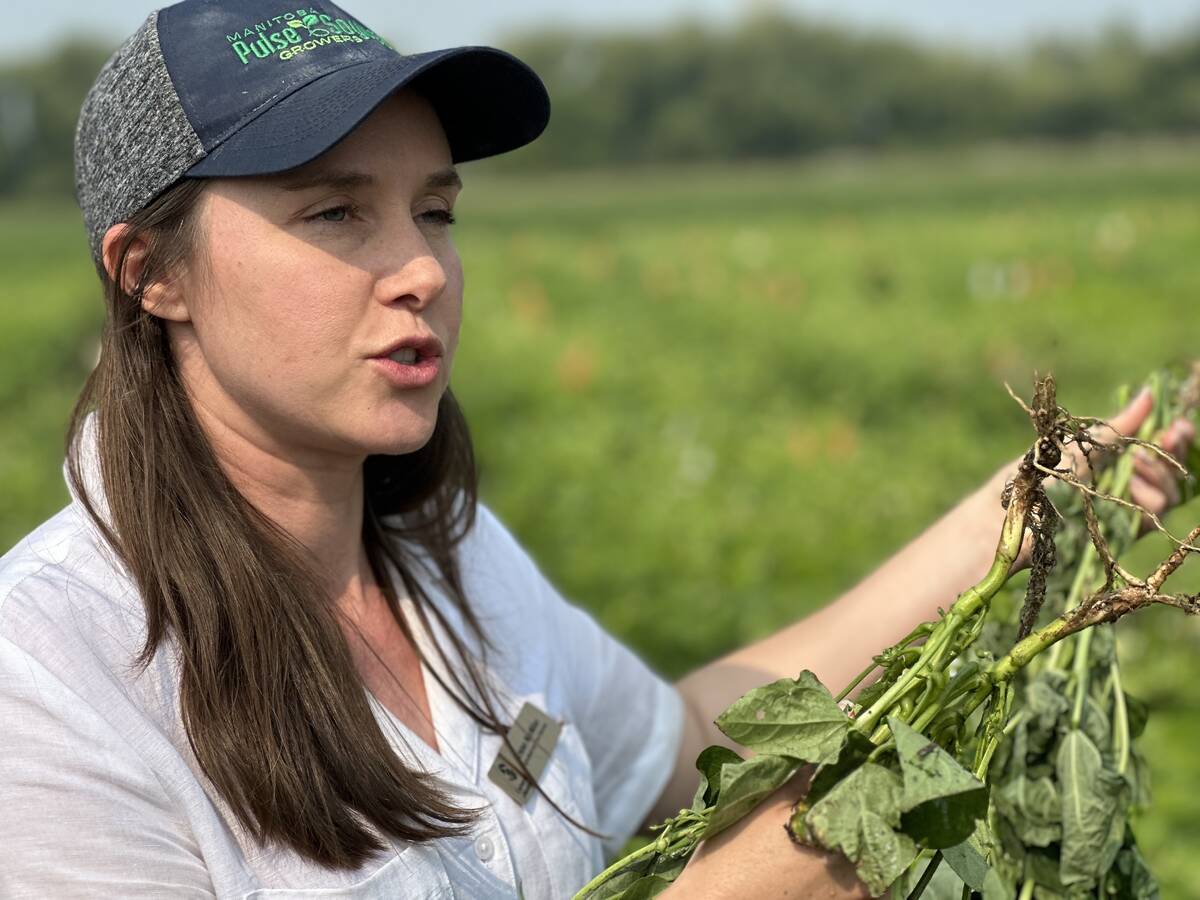Preparing annual report comments is an easy task for Federated
Co-operatives Ltd.’s board of directors – just find last year’s remarks
and change the date.
The 2001 version begins with a familiar refrain that has been used
numerous times over the past decade: “The board of directors is pleased
to present this report on another successful year of operations.”
You have to go back to the 1991 annual report to find a year when both
sales and net savings declined. From 1992 on, annual reports contain
Read Also

Lower nitrogen rates in dry beans could pay off for farmers
Manitoba research is testing whether reduced nitrogen fertilizer in dry beans can maintain yields while cutting costs and lowering greenhouse gas emissions.
page after page of record sales and profits.
It must be noted there was that one unusual year in 1998 when sales
dropped slightly from the previous year, falling to $2.3 billion from
$2.4 billion in 1997.
Other than that unsightly blemish, it has been 10 straight years of
one-upmanship in the financial record books. The pinnacles for 2001 are
$3.25 billion in sales and $216 million in net savings.
Co-operative analyst Brett Fairbairn said the results are mind boggling.
“This success of theirs is much more remarkable than it appears,
because co-operatives of this type have in fact been in trouble all
over the world in the last 20 years,” said the director of the
University of Saskatchewan’s Centre for the Study of Co-operatives.
FCL is an “island of consumer co-operative success” in a sea of
failure, Fairbairn said. He’s not sure anybody can completely explain
why that is the case, but he has a few thoughts on the subject.
One is the importance of Consumer Co-operative Refineries Ltd., which
has been a cash cow for FCL.
Petroleum products accounted for $1.3 billion in sales in 2001 and the
segment delivered a gross margin of 14.8 percent, which was the highest
return of all six operating segments.
The company has recognized and rewarded that stellar performance.
Management has set aside $200 million in the 2002 budget for a refinery
expansion project.
Fairbairn said FCL won’t borrow money to do the improvements, but will
finance the project from the refinery’s profits.
It exemplifies a broader corporate philosophy of financing growth
through earnings rather than relying on outside sources, such as share
capital and bank loans. Chief executive officer Wayne Thompson said
that’s why FCL will never lose control of its co-ops .
The philosophy is reflected in the books. FCL, which provides central
wholesaling, manufacturing and administrative services for 300 western
Canadian retail co-ops, has no long-term debt. The member co-ops have
accumulated $46 million in long-term debt.
FCL also gets high marks for using basic co-operative principals,
Fairbairn said. It is almost single-mindedly focused on servicing its
member retail co-ops, which in turn service an estimated 900,000
individual co-op members.
Member retail co-ops have substantial equity in FCL and receive large
patronage refunds, Fairbairn said. Members’ share capital totaled $452
million in 2001 and $189 million was returned through patronage
allocations that year.
He said a healthy tension between the locals and the central co-op
helps keep FCL in check.
FCL also benefits from a kind of insurance against economic swings. It
is diversified, with plenty of stores in urban and rural centres, and
it deals in essential commodities such as fuel, food and feed, which
tend to be recession-proof.
Fairbairn said factors such as rural depopulation could eventually put
the brakes on record sales and profits – the streak has to end some
time.
But it doesn’t look like the board of directors is going to have to
search for an adjective other than “successful” anytime soon.
Thompson said FCL is once again ahead of budget for the first four
months of the 2002 fiscal year.















